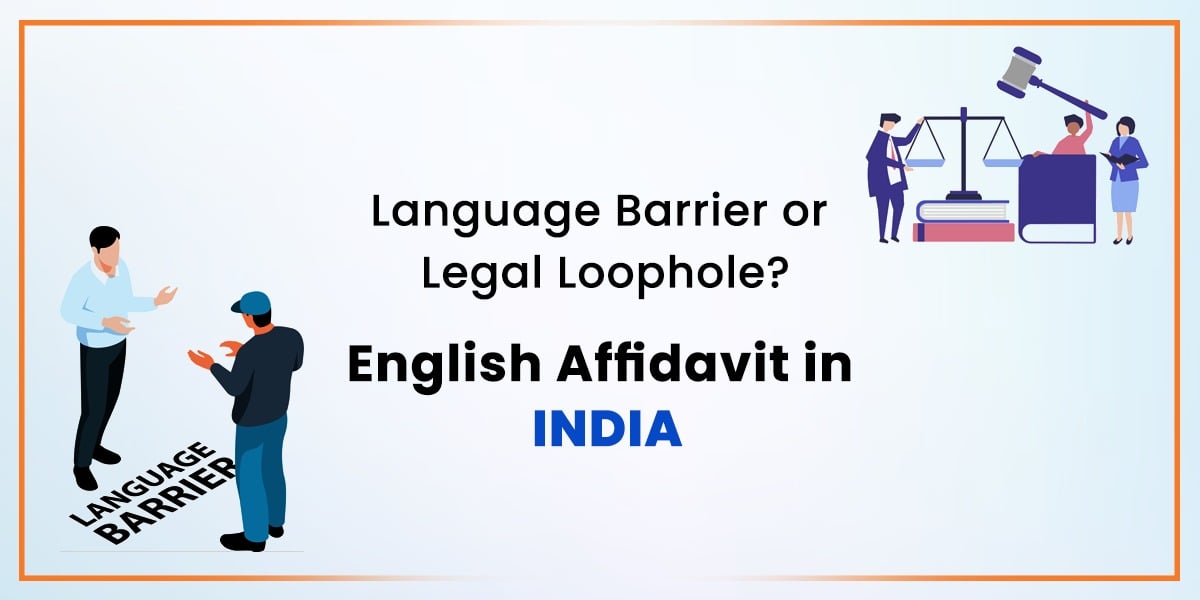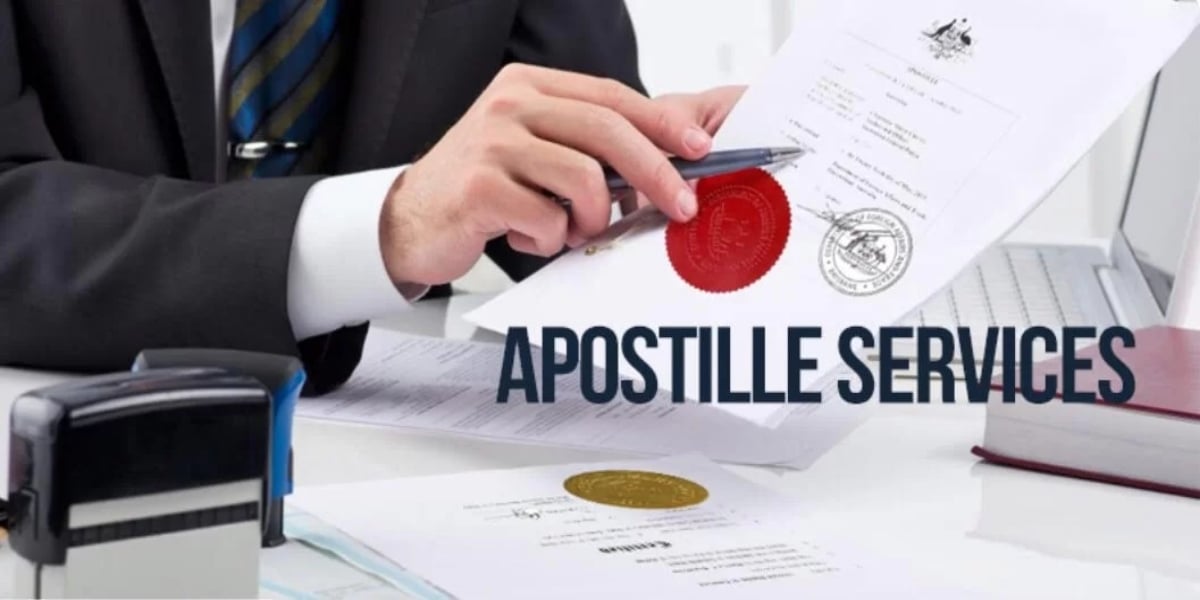I need an affidavit sworn in India for my documents to be apostilled. However, the affidavit document is in English. Will this be an issue, or can it still be used for the apostille process

In most cases, having an affidavit in English for the apostille process in India shouldn't be a problem. Here's why:
English Widely Accepted: English is a widely accepted language in India, especially for official documents. The authorities processing your apostille application should be able to understand and accept an affidavit in English.
Hindi Translation Not Mandatory: There's no general requirement to have your affidavit translated into Hindi for apostille purposes.
However, there are a few things to keep in mind:
Specific Requirements for Some Documents: For certain technical documents or highly specialized fields, a Hindi translation might be required alongside the English affidavit. It's always best to check with the embassy or consulate of the country where you'll be using the apostilled documents for any specific requirements.
Clarity and Accuracy are Key: Ensure the English affidavit is clear, concise, and accurately reflects the information you're declaring.
Here's what you can do to be certain:
Contact the Appointing Authority: The authority that will be apostilling your documents (usually the Ministry of External Affairs or MEA in India) is the best source of information. Their website or a direct call can clarify their current policy on the language of affidavits used for apostille applications.
While NRIWAY (https://nriway.com) focuses on assisting Non-Resident Indians with needs in India, for more information contact us at NRIWAY
Copyright © 2024 OrangeLeaf Services Private Limited. All rights reserved.
Disclaimer: The information on this site is for general informational purposes only. It is not intended to be a substitute for professional or legal advice. NRIWAY strive to keep the information up-to-date, but we make no guarantees that it is always accurate or complete.
Related Posts

Thank You, for subscribing to our newsletter. You will be receiving the latest updates on all our new arrivals, exclusive deals and special offers.

.png)
.png)


.png)